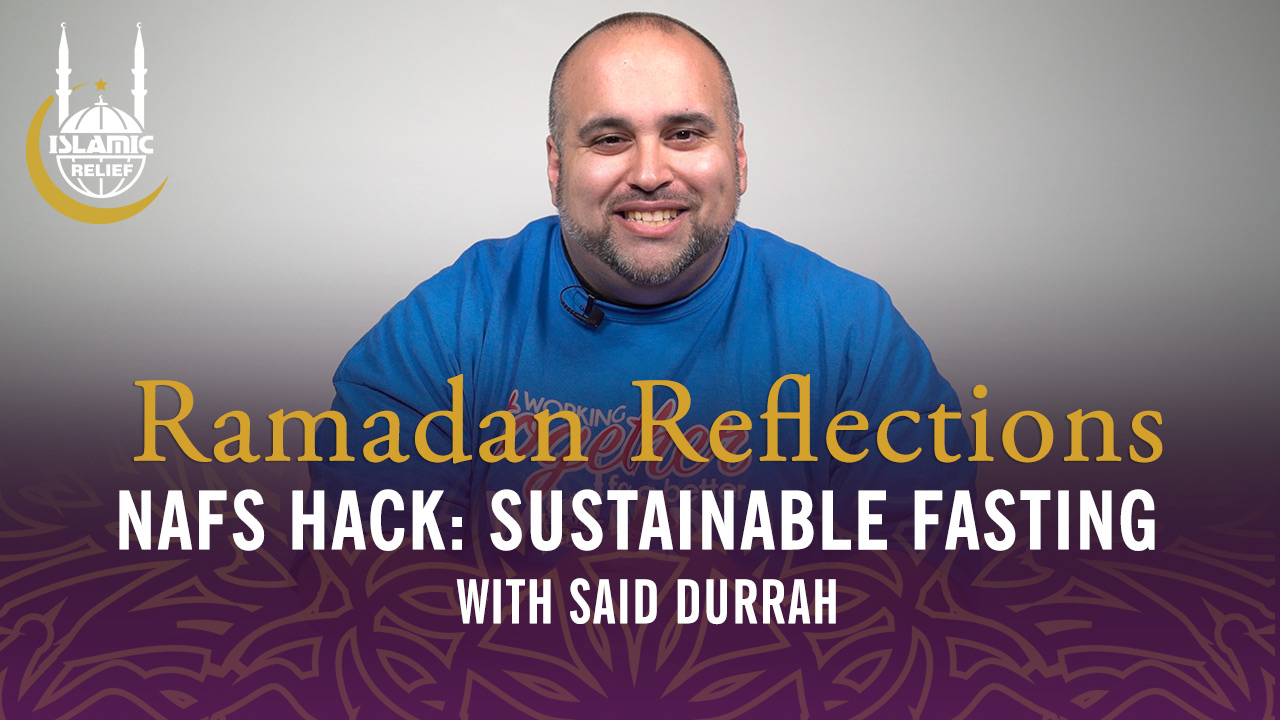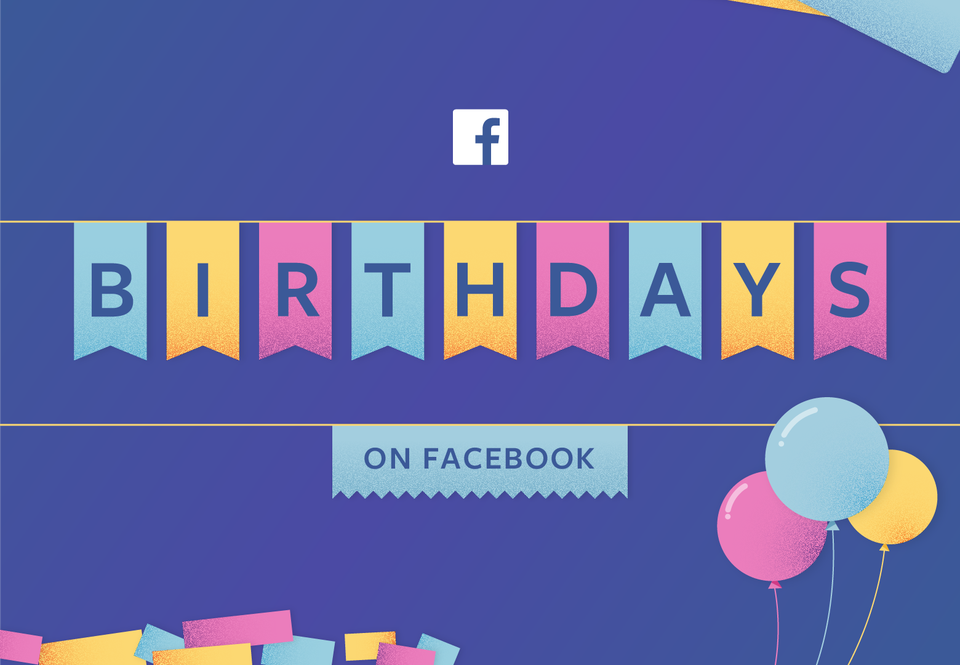How to Be A Superhero: Show Up for Baltimore with Super Iman
Nada Shawish is Communications Specialist at Islamic Relief USA.
This blog is dedicated to the superheroes doing the best they can for the city of Baltimore.
What’s the difference between the superheroes in comic books and you and I? Not much. Human beings have a lot of potential. In The Holy Qur’an, Allah (swt) says:
“Surely, We created the human being of the best of forms.”
(Surat At-Tiin, 4)
Every fictional superhero quality is a metaphor for a very human, but highly undervalued, underutilized attribute. Being a superhero in Baltimore City isn’t that far-fetched or super human, for example. It means being just a little bit more human—by showing up for your neighbors in need.
Here’s how to be a superhero—a step-by-step approach with Islamic Relief USA’s Day of Dignity in Baltimore on Sept. 12, 2015:
1. Fine-tune your senses about your neighbor’s struggles.
Empathy is a super sense that can be equal in magnitude to telepathy. Putting yourself in your neighbors shoes means that you need to know what ails people and why. It means being able to feel—even from far away, even when you don’t personally know someone—what hurts a person and what keeps a person down. And then it means coming to a deep understanding about what it would mean for you to be in that kind of deep water.
Allah (swt) asks us to anticipate where help is needed by being more attuned to the feelings of the people around us:
“Those needy ones who are wholly wrapped up in the cause of Allah, and who are hindered from moving about the earth in search of their livelihood especially deserve help. He who is unaware of their circumstances supposes them to be wealthy because of their dignified bearing, but you will know them by their countenance, although they do not go about begging of people with importunity. And whatever wealth you will spend on helping them, Allah will know of it.”
(Surat Al-Baqarah, 273)
In Baltimore City, spending time with the local community on Day of Dignity, we learned that the problems people are facing are things that most families these days worry a lot about—jobs, food prices, education, keeping their homes—but they’re not just worrying about these problems, neighbors in Baltimore are struggling deeply with unemployment, poverty, education and more—they have been for a long time. And it has hurt Baltimore in the long run.
Fahim Joseph is only 18, but he’s lived in Baltimore his whole life—he volunteers at Islamic Relief’s Day of Dignity because he feels that it’s important that he help his community, especially when he knows his neighbors are struggling without basic things:
Chantiya, 27, is from Baltimore, and on Day of Dignity, she wanted to let others know that she’s a mother of six, and she and her husband are trying hard to keep her family safe and healthy:
Subhan’Allah, empathy is really important—most of us just need to be more in touch with our ability to empathize. It’s a human quality that should be strengthened so that we can understand one another better.
2. Simplify solutions with super speed.
Recognize that your neighbors need a little help, and that you’re in a position to be helpful right now—and not just with your money.
Allah (swt) tells us:
Believers! Do not nullify your acts of charity by stressing your benevolence and causing hurt as does he who spends his wealth only to be seen by men and does not believe in Allah and the Last Day. The example of his spending is that of a rock with a thin coating of earth upon it: when a heavy rain smites it, the earth is washed away, leaving the rock bare; such people derive no gain from their acts of charity. Allah does not set the deniers of the Truth on the right way.
(Surat Al-Baqarah: 262 – 264)
Social media, YouTube, Twitter: These are tools that allow you to access information and connect you with neighbors across communities instantly. You can communicate on these platforms with positive messaging to help advocate for social change, and you can do amazing things by just listening to the conversation from communities that need help, although they may not be asking for your help specifically.
Let networks that you’re using connect you to people and organizations that want to help too. Leverage the tools available to you to better know your neighbors and start working to help them right now.
At Day of Dignity in Baltimore, online communication helped connect organizations to collaborate with Islamic Relief for a day of dignified service in Baltimore. Services ranged from health advice to free food to job and financial training. And each of the services available came out of quickly organizing around the needs of the Baltimore community itself.
Moses Hammett is with the Center for Urban Families—he described overcoming difficult challenges with a network of solutions for urban communities in Baltimore:
Community solutions are much simpler—and faster—when you collaborate and connect people.
3. Have superhuman strength to fight egos.
“Oh humanity! We have created you male and female, and have made nations and tribes that ye may know one another. Lo! The noblest of you in the sight of God are those with the greatest piety.”
(Surat Al-Hujuraat, 13)
Have iman (faith) and step out of your comfort zone and over your pride. If you’re afraid of someone or something different from you, then you’re restricting your potential to do superhuman things in the world—including making it a better place to be for all. Fight egos, including your own—and strengthen your faith around fighting the good fight with other positive thinkers too—like Baltimore’s Joseph…
Like Joseph, being the heroes of Baltimore means loving one-another first.
4. Answer the call with dignified service.
It means more than just talking about it. You’ve got to actually show up. And when you do, others show up for you too. Answering the call means that more people will start helping each other more often, no matter what neighborhood you live in.
Anas relates that the Prophet (peace be upon him) said: “None of you truly believes until he loves for his brother what he loves for himself.” [Sahîh al-Bukhârî and Sahîh Muslim]
And Day of Dignity Baltimore was all about showing up for the community, and providing dignified service to neighbors in need.
Karim Amin, President of Muslim Social Services advocates Day of Dignity as one important way he chose to answer the call to Baltimore’s uprising:
“And, Allah knows best.”
Want to be a superhero?
Help end hunger in U.S. cities like Baltimore this Eid al-Adha.
Get involved with Islamic Relief USA’s Day of Dignity in your city.



